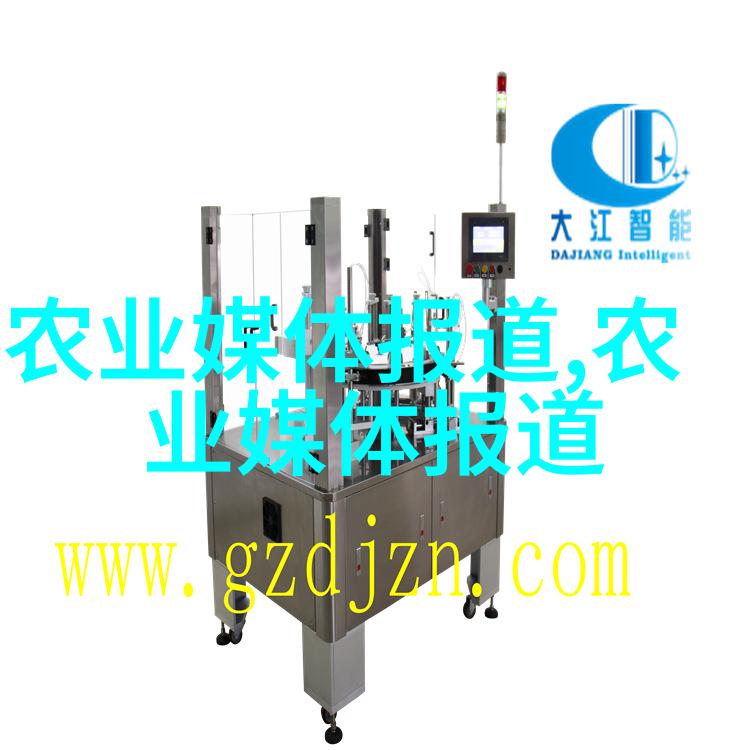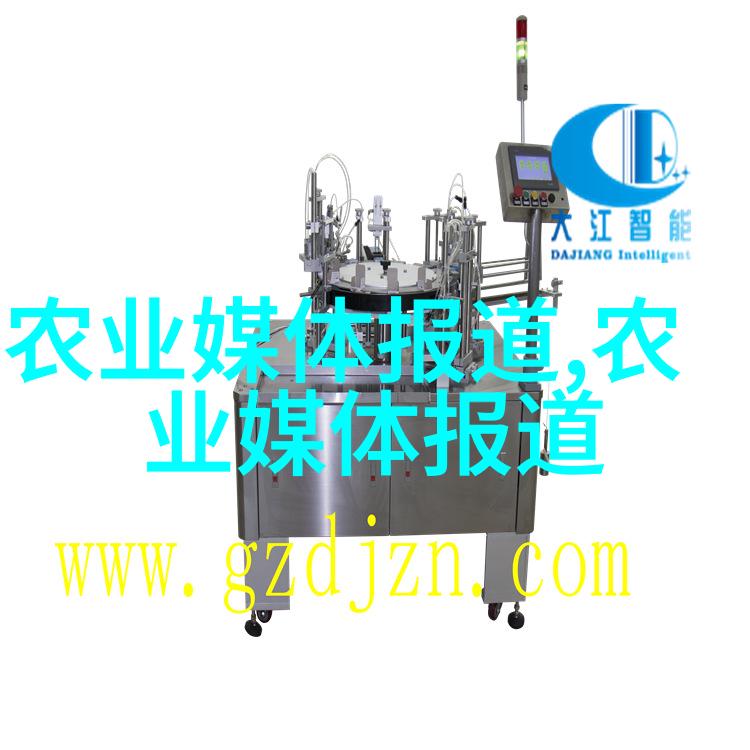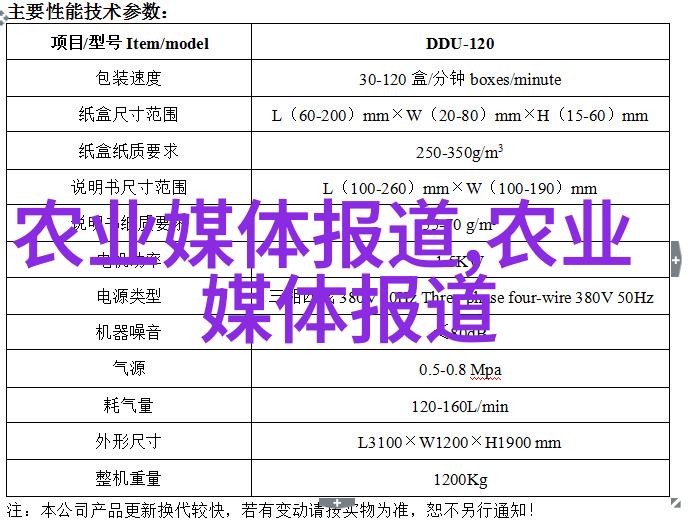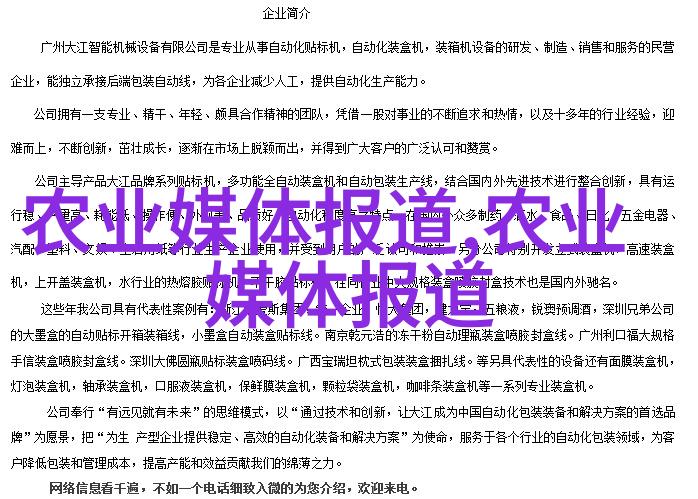医院法律法规知识培训内容医疗机构管理患者隐私保护医疗纠纷解决药品安全管理
医院法律法规知识培训内容

医疗机构管理:如何确保合规运行?
在现代社会中,医疗机构的合规性对于维护患者权益至关重要。医院法律法规知识培训内容不仅包括了对现行法律法规的了解,还要涉及到如何将这些规定融入到日常管理中。首先,医院必须清楚了解自己所在地的所有相关法律和政策,这可能包括但不限于《医疗器械管理条例》、《药品管理法》等。在此基础上,医院需要制定一套详细的内部操作流程和标准,以确保所有工作人员都能遵循这些规定。

其次,对于医务人员来说,他们需要接受专业培训来提高自己的专业技能,并且理解在临床实践中的伦理和道德问题。例如,在进行手术前后的沟通、处理病人死亡的情况等,都需要有明确的指南。此外, hospitals should also establish a system for reporting and handling complaints, ensuring that all issues are addressed promptly and fairly.
患者隐私保护:尊重每个人的秘密空间

随着电子健康记录(EHRs)的普及,对患者隐私保护的要求越来越高。医院必须采取严格措施来保护患者信息安全,不允许任何未经授权的人士访问或泄露敏感数据。这意味着使用加密技术、限制访问权限以及定期进行安全审计都是必不可少的一部分。此外,对员工进行隐私保护意识教育也是非常重要的,以防止意外泄露。
同时,为了更好地执行这些措施,许多国家已经制定了特定的数据保护法,如欧盟的GDPR(通用数据保护条例)。因此,在提供服务时 hospital must be aware of these regulations and ensure compliance. This includes obtaining patient consent before sharing information, as well as having processes in place to handle data breaches if they occur.

医疗纠纷解决:减少并解决冲突
尽管最好的情况是没有发生医疗误差,但偶尔还是会出现一些问题。当这样的情况发生时,它们可以迅速转化为复杂的问题,如果不妥善处理的话甚至可能发展成诉讼案件。在这方面,一些 hospital may choose to have an internal process for resolving disputes, while others may refer cases to external mediators or legal professionals.

Regardless of the approach taken, it is essential that hospitals have a clear understanding of their responsibilities under relevant laws such as the Patient Safety Act. This includes documenting incidents accurately, investigating them thoroughly, and taking corrective action where necessary. By doing so, not only can hospitals minimize the risk of litigation but also improve overall quality of care.
药品安全管理:保证正确剂量与疗效
药物错误使用是导致住院治疗失败的一个主要原因之一。因此 pharmaceutical safety management plays a crucial role in ensuring patients receive appropriate treatment. Hospitals must implement strict procedures for ordering, storing, dispensing drugs - including double-checking orders against patient profiles to avoid medication errors.
In addition to these measures on-site pharmacies should follow good manufacturing practices (GMPs) guidelines when compounding medications. Moreover pharmacists should stay up-to-date with the latest research on drug interactions and side effects so they can advise doctors about potential risks associated with certain medications or combinations thereof.
By implementing comprehensive pharmacy management systems that incorporate both technology and human oversight hospitals can significantly reduce medication-related errors thus improving overall healthcare outcomes.
1
2
3
4